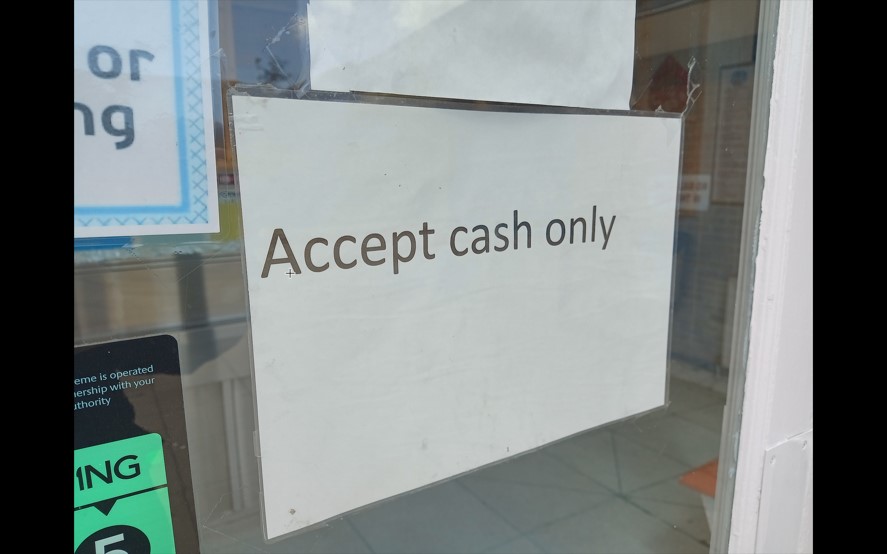


Are you sure you want to reset the form?
Your mail has been sent successfully
Are you sure you want to remove the alert?
Your session is about to expire! You will be signed out in
Do you wish to stay signed in?

1. Analyse these signs, photographed on the doors of shops in London. What do they tell you about the area and about the local use of language?


2. Changing Pronunciation Patters
Read the following explanation about intonation and word stress and discuss the questions that follow.
We can turn a statement into a question by changing the intonation from a falling tone to a rising tone at the end of the utterance.

Or we can express amazement with a fall-rise tone:

We can also change the meaning by stressing one or other word:
You like coffee (as opposed to me, for instance) or
You like coffee (as opposed to tea, for instance) or
You like coffee (I thought you disliked it)
What can you say about what is signified by the ‘final rising tone’ or ‘uptalking’ so common among many younger English speakers? Where did it come from, and why does it endure? What associations does it have, and with what groups of speakers?
3. How to sound official
Read through this regulatory passage and analyse it from the perspective of the linguistic choices the writer has made. What does it tell you about their understanding of register?
IOSA CAB 4.1.1 If the Operator conducts passenger flights with cabin crew, the Operator shall have procedures to ensure the availability, accessibility and serviceability of aircraft cabin emergency systems and equipment for passenger flights. Such procedures shall include a preflight inspection of systems and equipment, which, as a minimum, shall be conducted by the cabin crew or, if applicable, by the flight crew prior to the first flight:
i. After a new cabin crew has assumed control of the aircraft cabin;
ii. After an aircraft has been left unattended by a flight crew or cabin crew for any period of time.